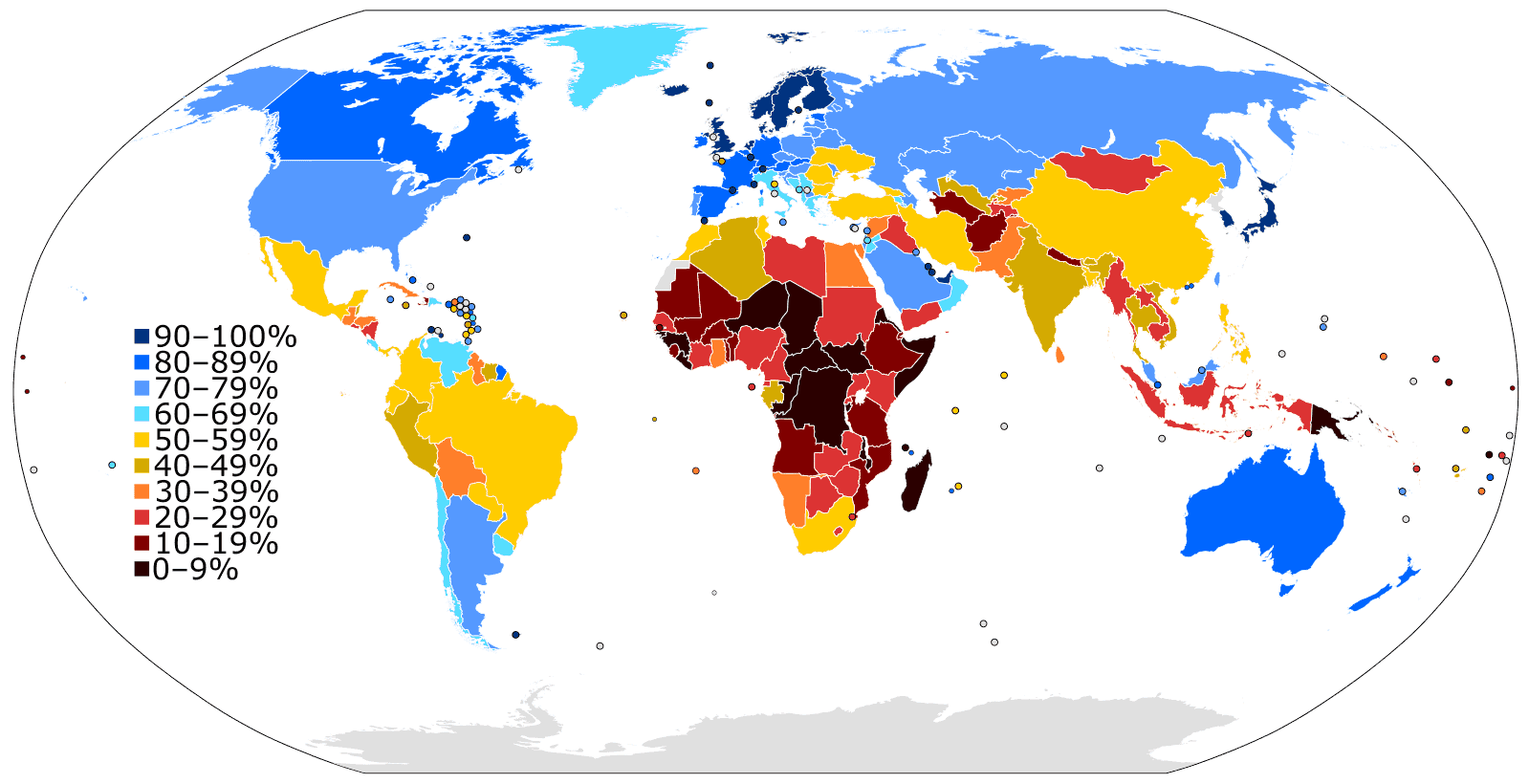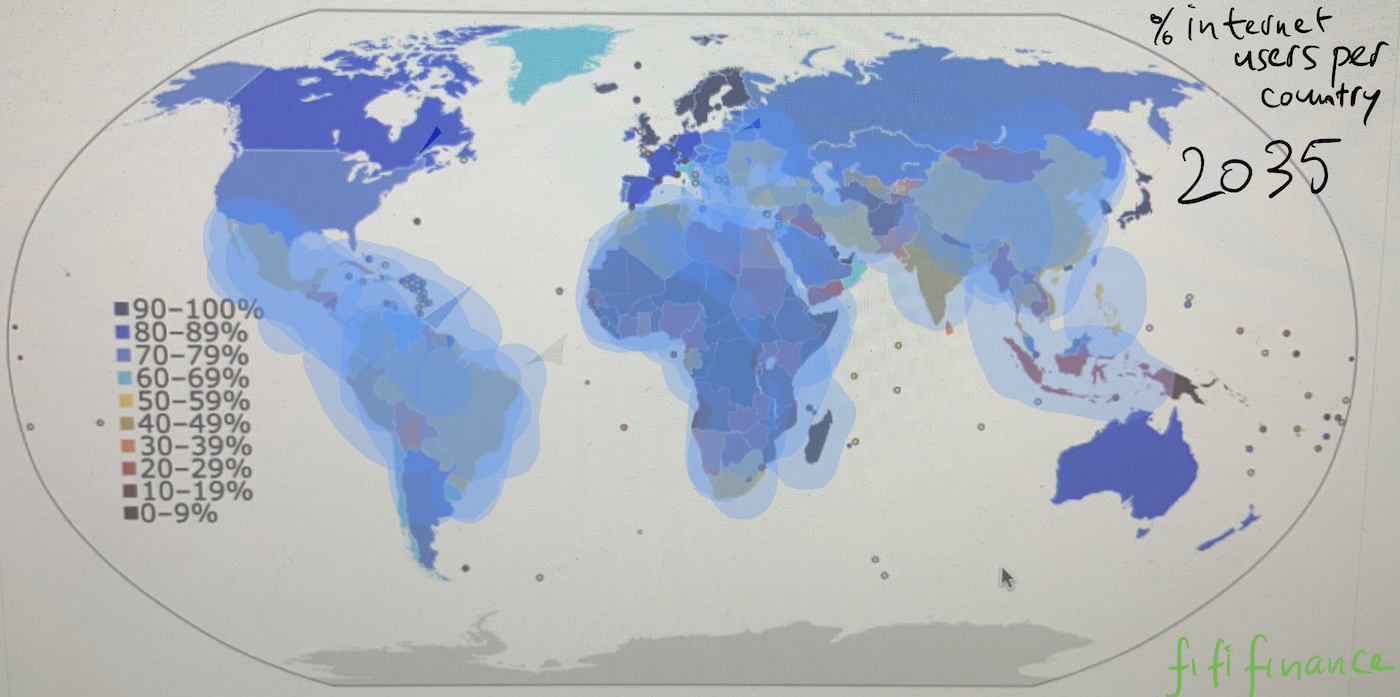Our mission at FiFi is to provide the best financial comparison information that helps people move forward in their lives, globally.
Africa is the continent with the most growth potential. It’s also the biggest challenge, with the most potential reward, both in a financial as well as a human aspect.
Africa is the youngest continent in the world with about 60% of its population under the age of 35. Nevertheless, despite the demographic dividends of a young and educated workforce, unemployment has remained a major challenge in Africa with close to 50% of all college and university graduates lacking access to sustainable employment. – Student Entrepreneurship Weekend
Throughout the years we have been paying people in Africa to write for our English and French language web portals. Now we want to take this to the next level.
African languages
Due to high linguistic diversity, the legacy of colonialism and the need for knowledge of international languages such as English and French in employment and higher education, most schooling in Africa takes places in languages that teachers and pupils do not speak natively, and in some cases simply do not understand. There is considerable evidence that pupils schooled in a second language achieve poorer results than those schooled in their mother tongue, as lack of proficiency in the second language impairs understanding and encourages ineffective rote learning. Wikipedia
In 2005, when I was stationed with Geekcorps Mali I started Wikipedia in Bambara and Peul, two languages widely spoken in Africa. I had learned the basics of Bambara and tried various ways to encourage people to write in Bambara. The method that worked was simple: pay the equivalent of 1 USD for an article deemed good enough to post.
Not everyone agreed this was a great way to develop Wikipedia. Now almost 15 years later it’s clear that except for a handful of African languages Wikipedia has not come off the ground. I’m not sure what the threshold is for African language Wikipedias to survive without external aid, but my educated guess is that it’s somewhere between 1000 and 10000. So with an expense of less than $100k we can get another 10 Wikipedias in African languages to a good stage.
FiFi is not a non-profit. So we’re not going to look for donor money or give out hard earned money freely. We’re going to approach this problem as a challenge that will turn FiFi into a pink unicorn. Let me show you how.
Besides Wikpiedia, the situation with content in other African languages is even worse. We see this as a chicken egg problem. There’s not enough information, so people are not used to searching for information in their mother tongue. We see amazing opportunities in
- finding highly motivated talent among the underemployed highly educated young Africans
- providing hands on financial info, for starts how to start an online business and how to send and receive money
- finding out where demand is and help both fintech startups and more established companies expand their business into Africa, so that more Africans get affordable access to bank accounts, insurance, mortgages and a secure pension
What is FiFi going to do?
We aim to launch FiFi in several African languages, starting with Swahili.
Besides the people in Sub Sahara Africa who are are already working with us we will hire more people in the countries with the biggest economies. Some of this work will be writing and editing in English and French, but we also want to develop content for Africa. For example:
 % of internet users per country. This will all be blue in 15 years Wikipedia
% of internet users per country. This will all be blue in 15 years Wikipedia

Africans are underserved when it comes to financial products, and we expect this to change profoundly over the coming years.
We will optionally give people we hire in Africa the freedom to spend 20% of their time to work on freely licensed content in African languages, with a strong preference for Wikipedia and other Wikimedia projects.
Wanna know more?
We’d love to hear from you. Write to us or nudge us on Twitter or Linkedin.
